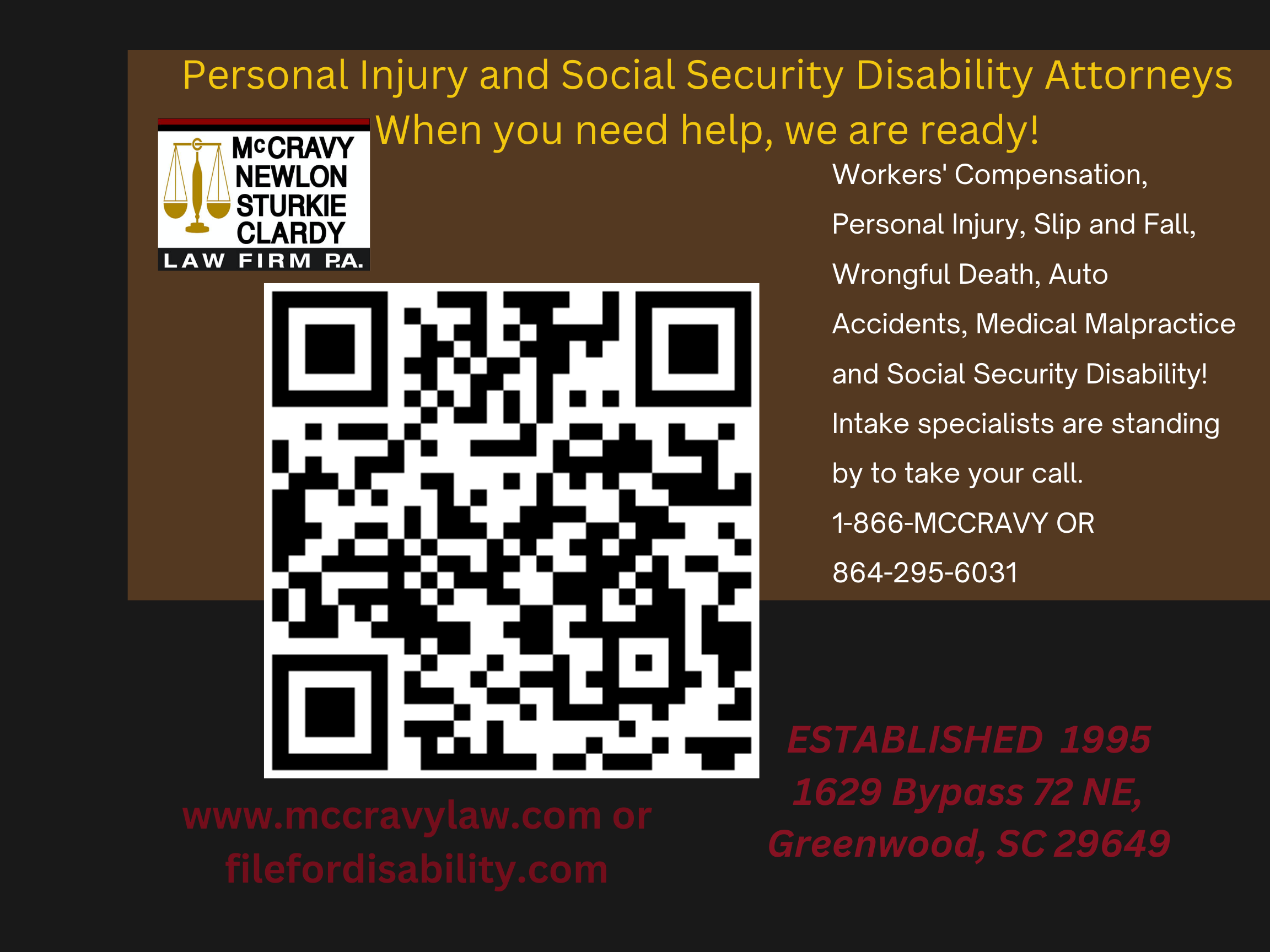UofSC School of Law names fellows to South Carolina Legal Writing Academy inaugural class
May 26, 2014COLUMBIA, SC – The University of South Carolina School of Law has named five lawyers as fellows of the inaugural class of the South Carolina Legal Writing Academy.
The fellows include: Jordan Calloway and Whitney Harrison, McGowan Hood & Felder, LLC in Columbia; Matthew Gerrald, Barnes Alford Stork & Johnson, LLP in Columbia; Marghretta Hagood, Harrison White Smith & Coggins, PC in Spartanburg; and Everett McMillian of Nelson Mullins Riley & Scarborough, LLP in Columbia
The academy, held April 23-25 and approved for 16.5 MCLE credit hours, is a new initiative of the School of Law aimed at promoting the mastery of written communication among practicing attorneys.
“This is an important part of taking the role of the law school beyond just the JD and seeing how we can continue helping lawyers improve their skills,” said Rob Wilcox, dean of the law school. “When we ask our colleagues what are the most important skills needed to succeed, No. 1 is ethics, but a close second is the ability to write and communicate effectively.”
During the academy, the five attorney fellows from across the state worked in intensive, interactive sessions with assistant directors of legal writing Jan Baker and Amy Milligan on grammar and citation, objective and persuasive writing techniques, self-editing and peer review.
Baker and Milligan began planning the academy in 2013, with the goal of bringing attorneys to the law school for a robust writing experience.
“We didn’t want this to be a typical CLE,” Baker said. “We wanted the academy fellows to have space and time to concentrate on improving their writing, but we also wanted to give them a chance to hear from and get feedback from those who have to read their work in an official capacity.”
Judge Aphrodite Konduros, a member of the South Carolina Court of Appeals, spoke at the academy, humorously extolling the virtues of brevity from her side of the bench, but also addressing the practical and ethical considerations related to written communication.
“Written submissions and oral arguments are the cornerstones of advocacy. However, lawyers may argue before a judge on any given case once, maybe twice, but written submissions will be perused many times. Use this opportunity to advance your case,” Konduros said.
Federal law clerks Brittany Clark, Brandon Gottschall, Deborah Morgan and Sara Svedberg led a panel discussion on best practices in written and oral advocacy.
During the academy, class members practiced what they had learned by writing a client letter and a trial memorandum. The law clerks and USC law professor Lisa Eichhorn, who served as honorary academy faculty, joined Baker and Milligan to review the fellows’ work and provide personal consultations.
One of the fellows described the academy as a great skills-building seminar.
“There are few CLE programs where participants actively participate or actually do something to develop skills,” said Hagood. “Getting feedback on my writing was extremely helpful.”
Plans for the next academy class already are underway. Baker and Milligan hope to build the academy into an elite writing experience for attorneys in South Carolina and beyond.
For more information on the academy, visit http://sclegalwriting.org.














